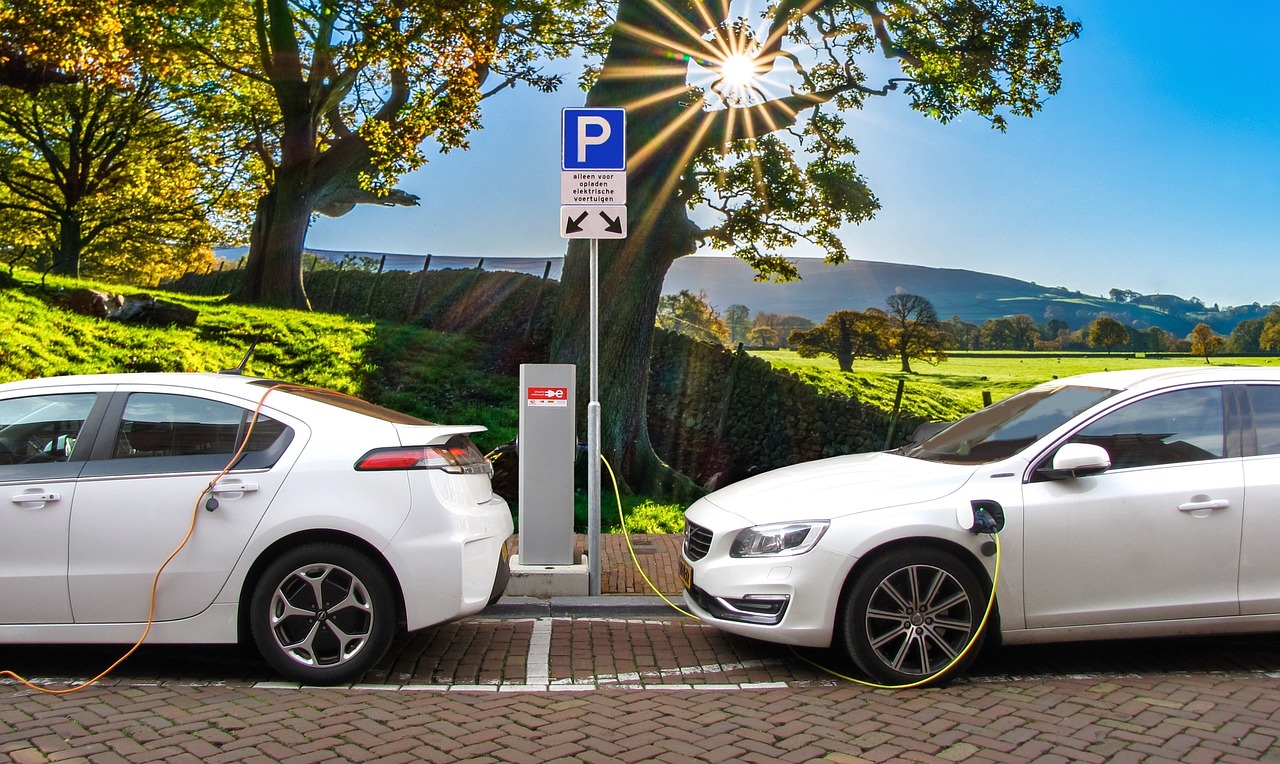News
The French Government is Planning to Offer a 10,000 Euro Incentive for Buying Electric Cars
People who buy electric cars in France will
benefit from government subsidies. The French government is currently planning
to further increase the purchase subsidy for electric vehicles, and plans to
significantly increase the subsidy for pure electric vehicles from 6,300 euros
to 10,000 euros.
At the same time, the French government
also plans to increase the purchase subsidy for plug-in hybrid vehicles from
4,000 euros to 6,500 euros. From April 1, the new subsidy plan will be
implemented. The move will push French electric car sales to a new level. If
consumers have a diesel car that has been driven for 13 years or longer, they
can trade it in for a new one and receive an additional bonus of 3,700 euros or
2,500 euros on top of all subsidies. And those consumers who still buy new
diesel cars (Euro 6 vehicles with emissions below 110 g/CO2) can only receive a
500-euro bonus.
It is reported that as early as October
2009, the French government announced a package plan aimed at promoting the
development of related industries, with the ultimate goal of producing 2
million clean energy vehicles by 2020. According to the plan, the French
government will provide a high subsidy of 5,000 euros per vehicle for
"super environmentally friendly vehicles" that emit less than 60
grams of carbon dioxide per kilometer. As a continuation of this policy, the
French government announced a new development plan in 2012, which plans to
increase subsidies for environmentally friendly vehicles and provide support to
automobile manufacturers and subcontractors. In order to encourage the public
to purchase and use electric vehicles, the French government has introduced
more favorable parking charges for electric vehicles, increased the
environmental protection subsidy for each purchase of electric vehicles to
7,000 euros, and extended the validity of the policy until 2013.
But by 2013, this dominance was broken by
the Netherlands. Mainly due to the French government's implementation of fiscal
austerity measures, government expenditures are declining across the board. The
subsidy amount for each electric vehicle has been reduced from 7,000 euros to
6,300 euros, and the subsidy amount cannot exceed 30% of the vehicle price.
This is obviously detrimental to the electric vehicle market sales. constituted
a certain negative impact.
At the end of July 2014, France's Minister
of Ecological Sustainable Development and Energy Ségène Royal proposed a final
bill to provide more preferential policies for electric vehicles. The bill
proposes to increase the current subsidy of 6,300 euros for the purchase of
electric vehicles to 10,000 euros as an environmental bonus to encourage
consumers to purchase electric vehicles.
At the same time, the French Parliament
passed a new law in July last year to encourage the construction of new
electric vehicle charging facilities. Companies installing charging
infrastructure will be rewarded with reduced tax payments. The French government
requires local governments to add charging piles in towns with insufficient
charging facilities and allows electric vehicle operators to use public
charging sites for free. The bill will enable the French government to organize
a nationwide network of charging stations. In the next three years, France will
add 16,000 charging piles to the existing charging network. The project
requires an investment of 80 million to 100 million euros. France's Bollore
Group and a joint venture between EDF and Renault Group will participate in the
project to build electric vehicle charging stations.
Currently, more than 10,000 charging
facilities are in use in France, thousands of which are located in Paris, which
is not enough to meet the development needs of the electric vehicle market.
Through tax cuts to encourage companies to install charging facilities, the
French government hopes to increase the total number of charging facilities to
7 million by 2030.

RELATED NEWS
- China-Pakistan Nuclear Power Cooperation Has Made a Major Breakthrough
- Iran Commissions New Facilities at Bushehr Nuclear Power Plant, Says Operation i
- Germany Invests 1.2 Billion Euros to Actively Promote the Development of Electri
- The World Holds High the Sword of Monetary Policy
- Gazprom Acquires Stake in BP Joint Venture in Russia
